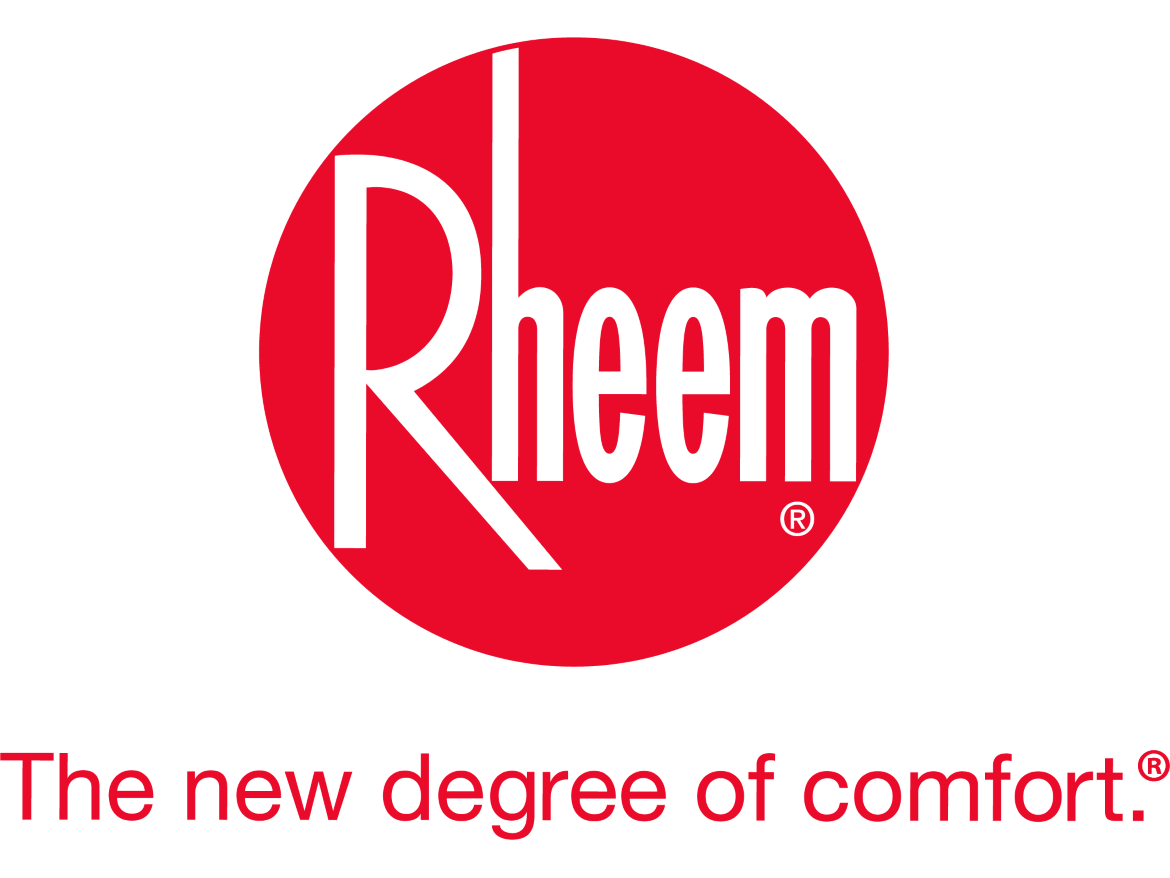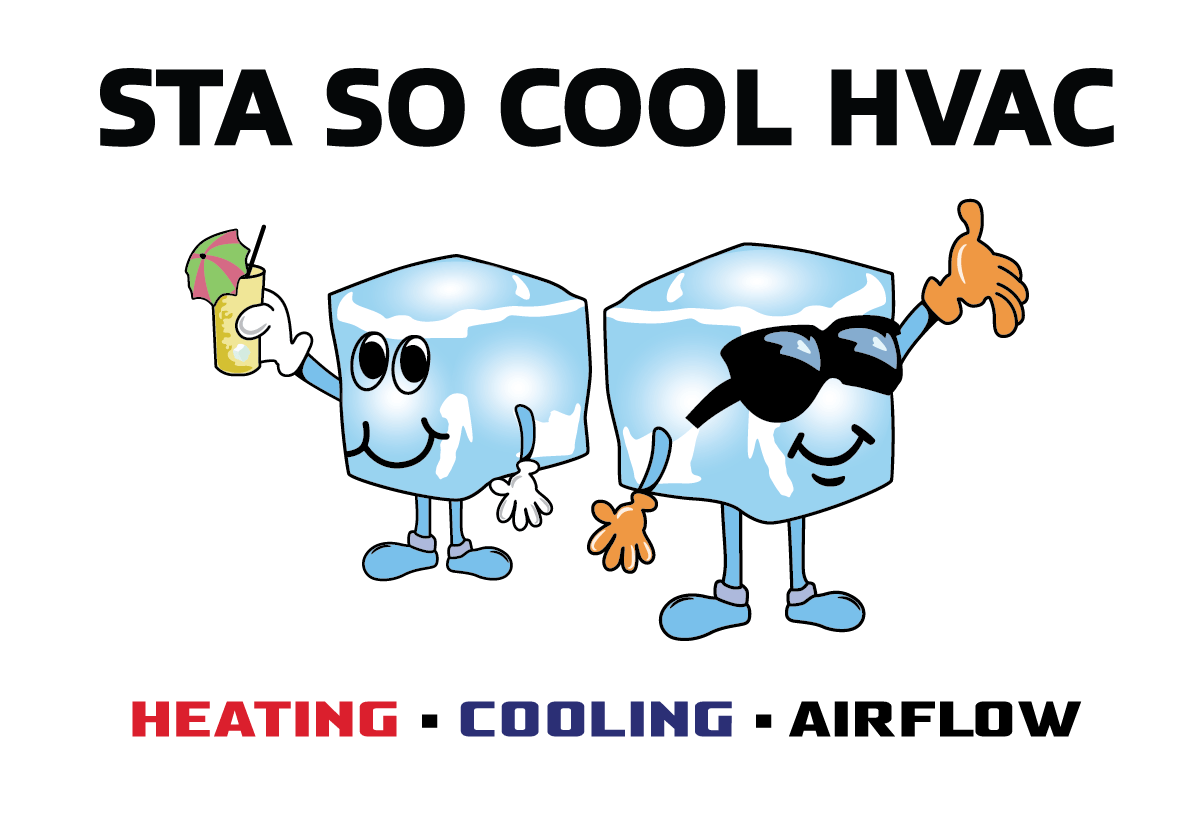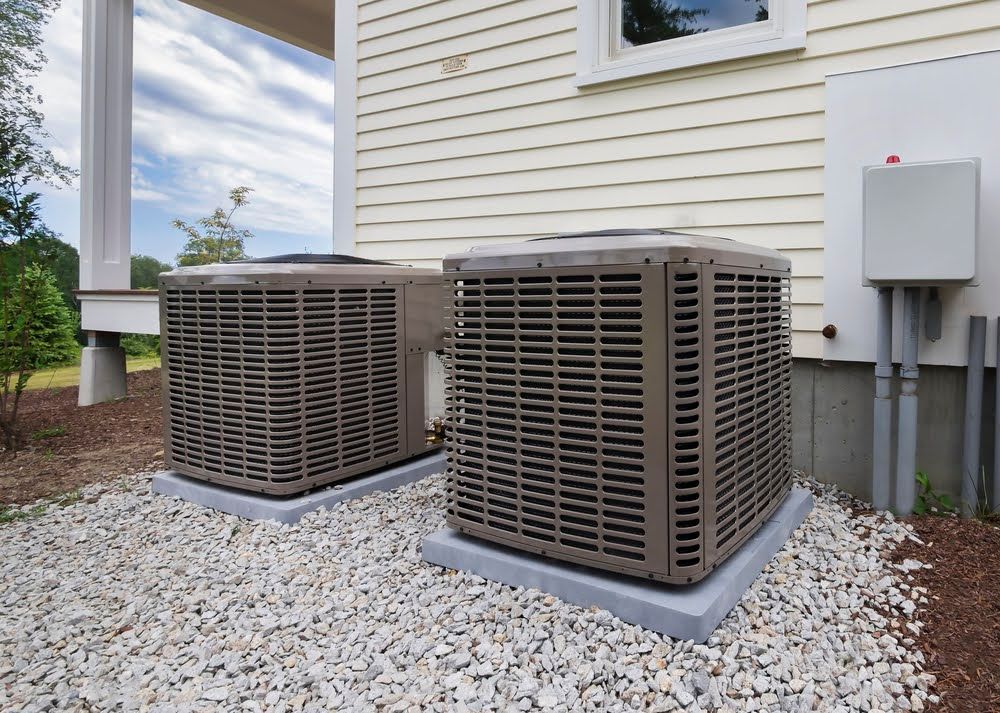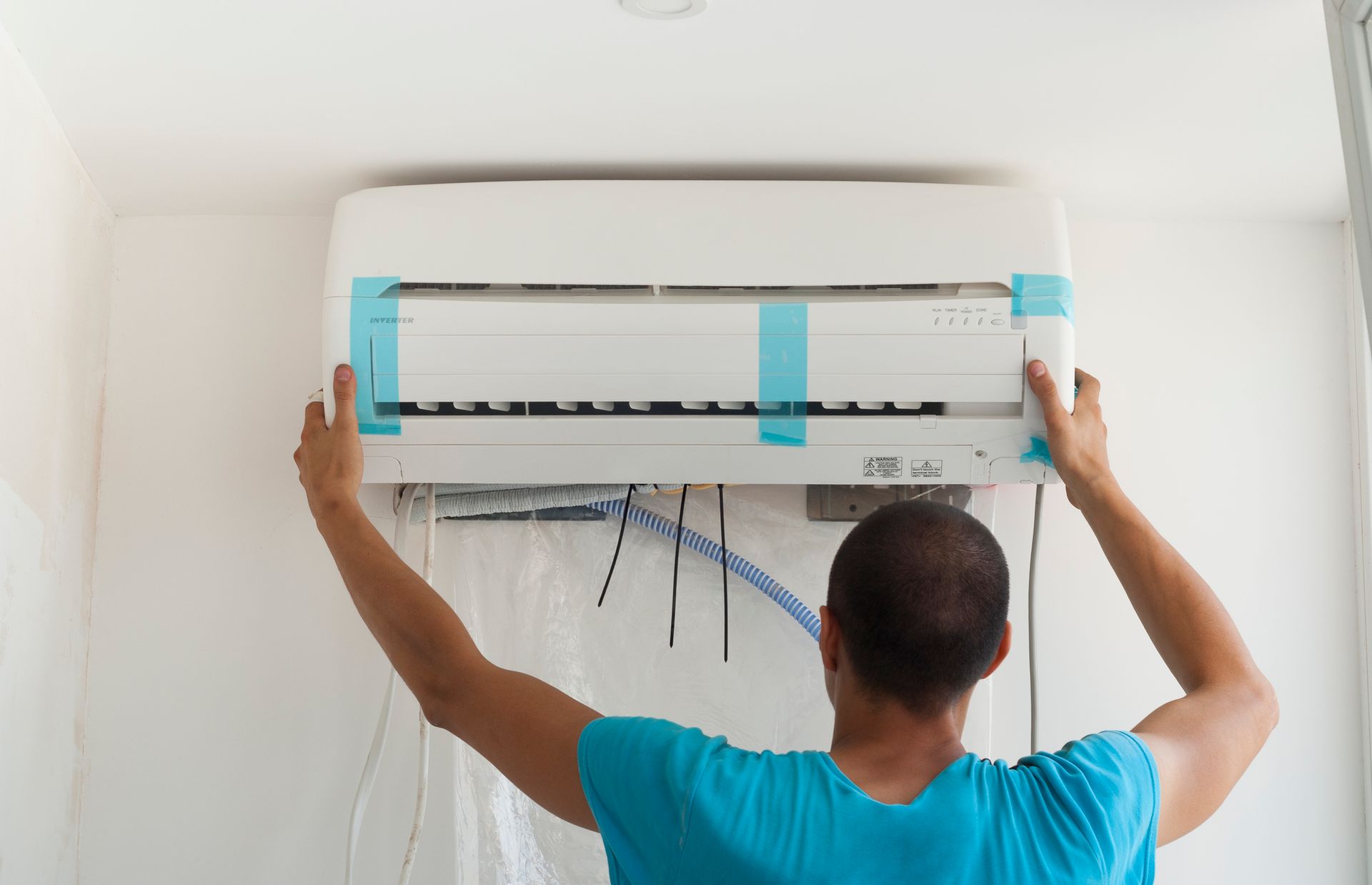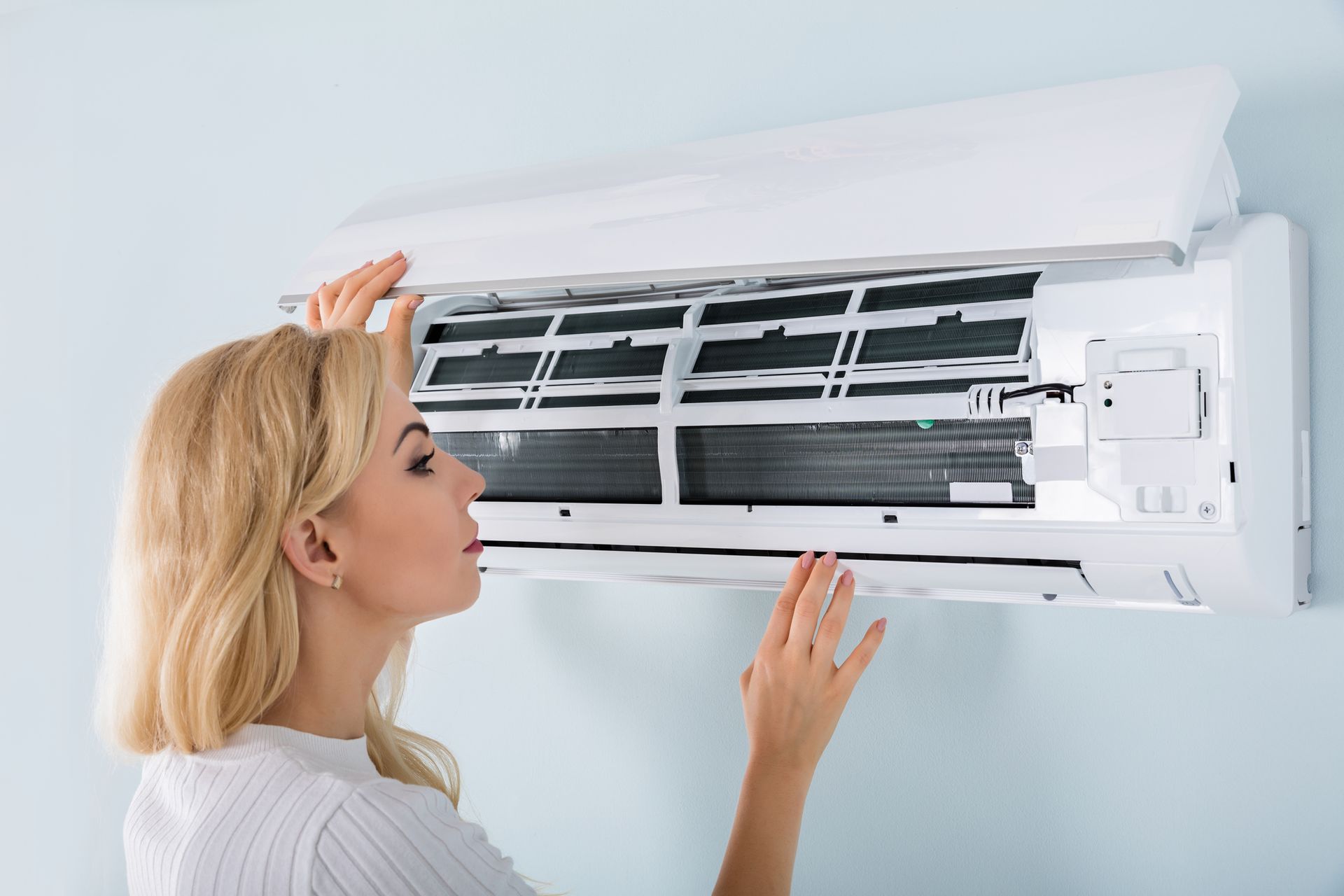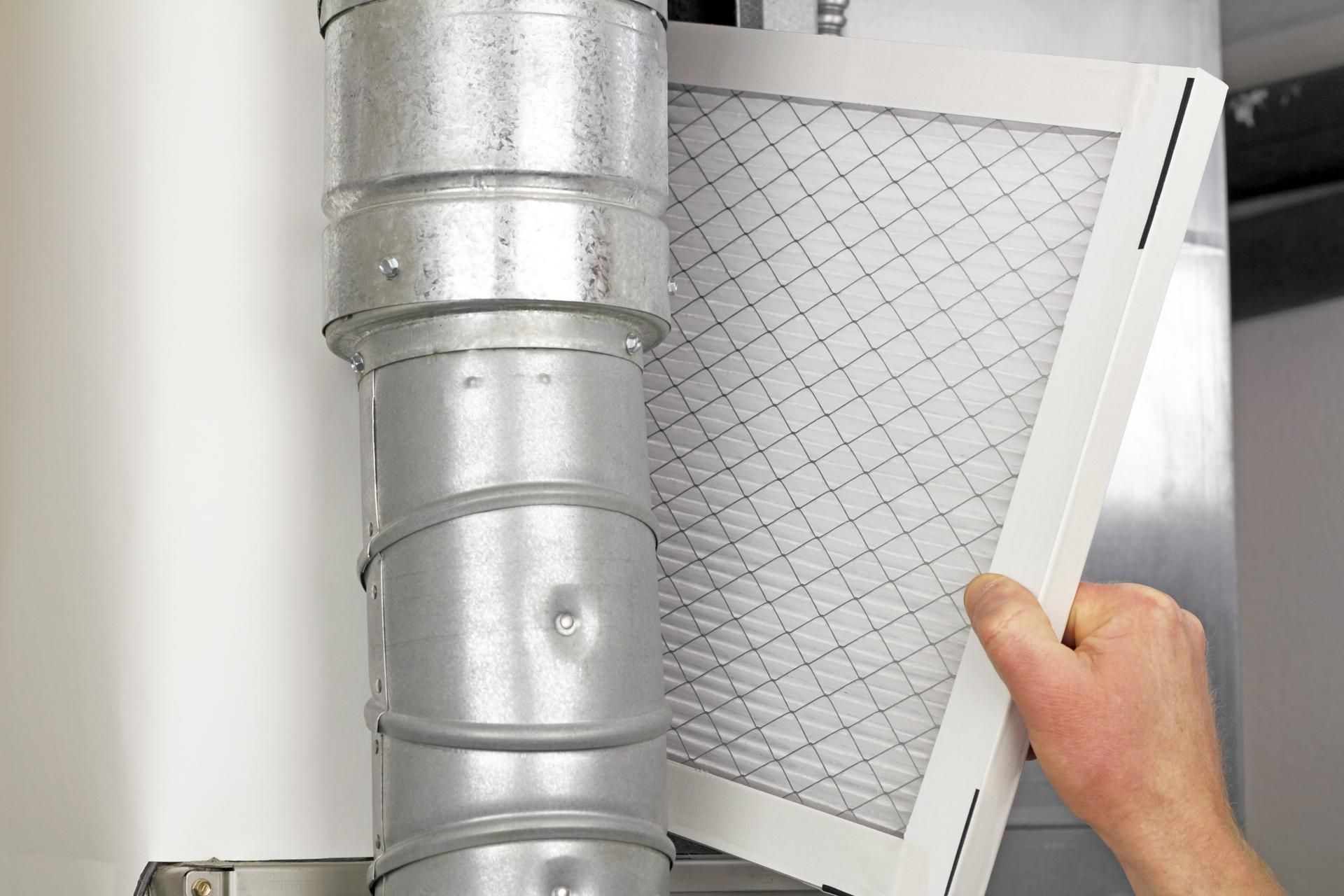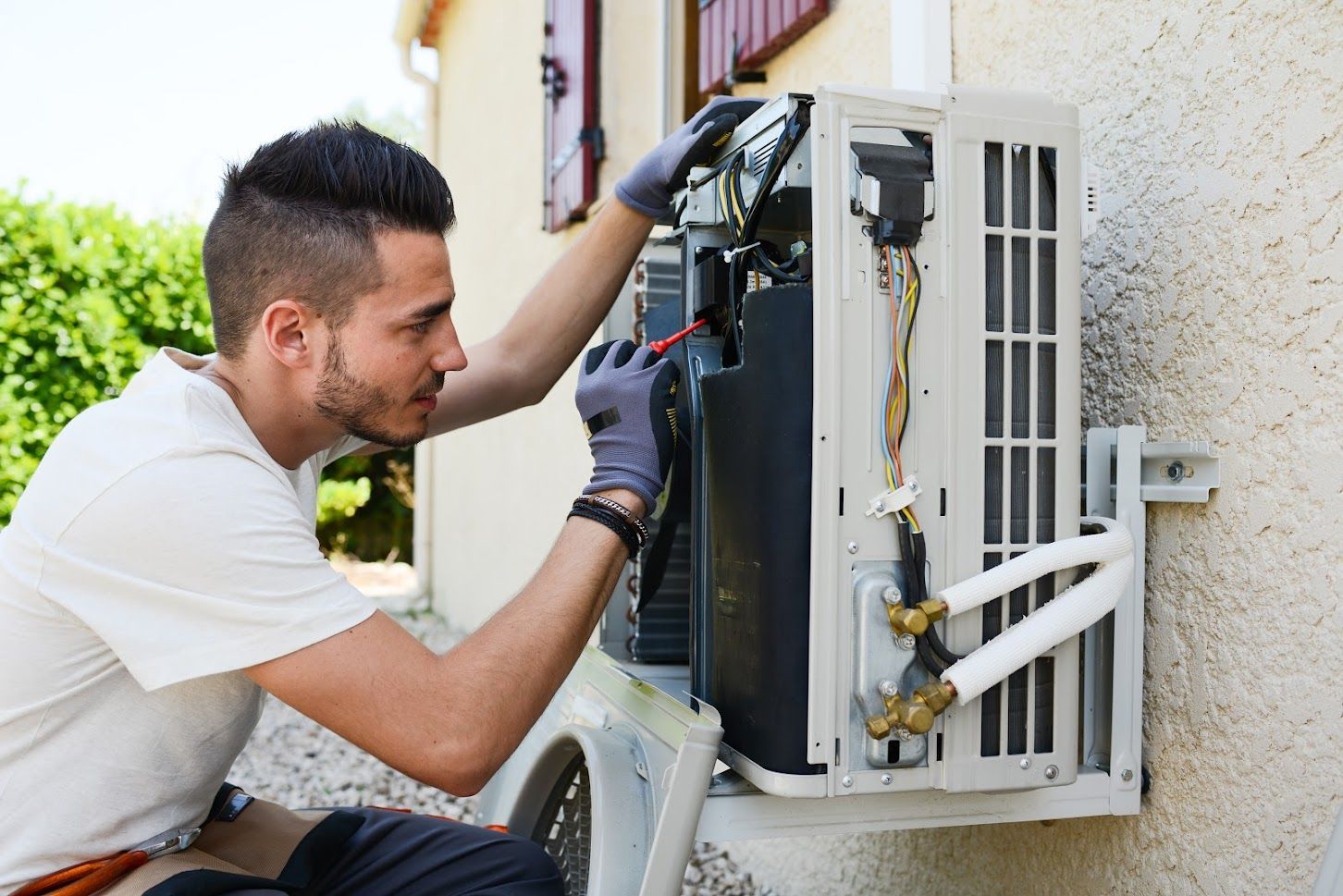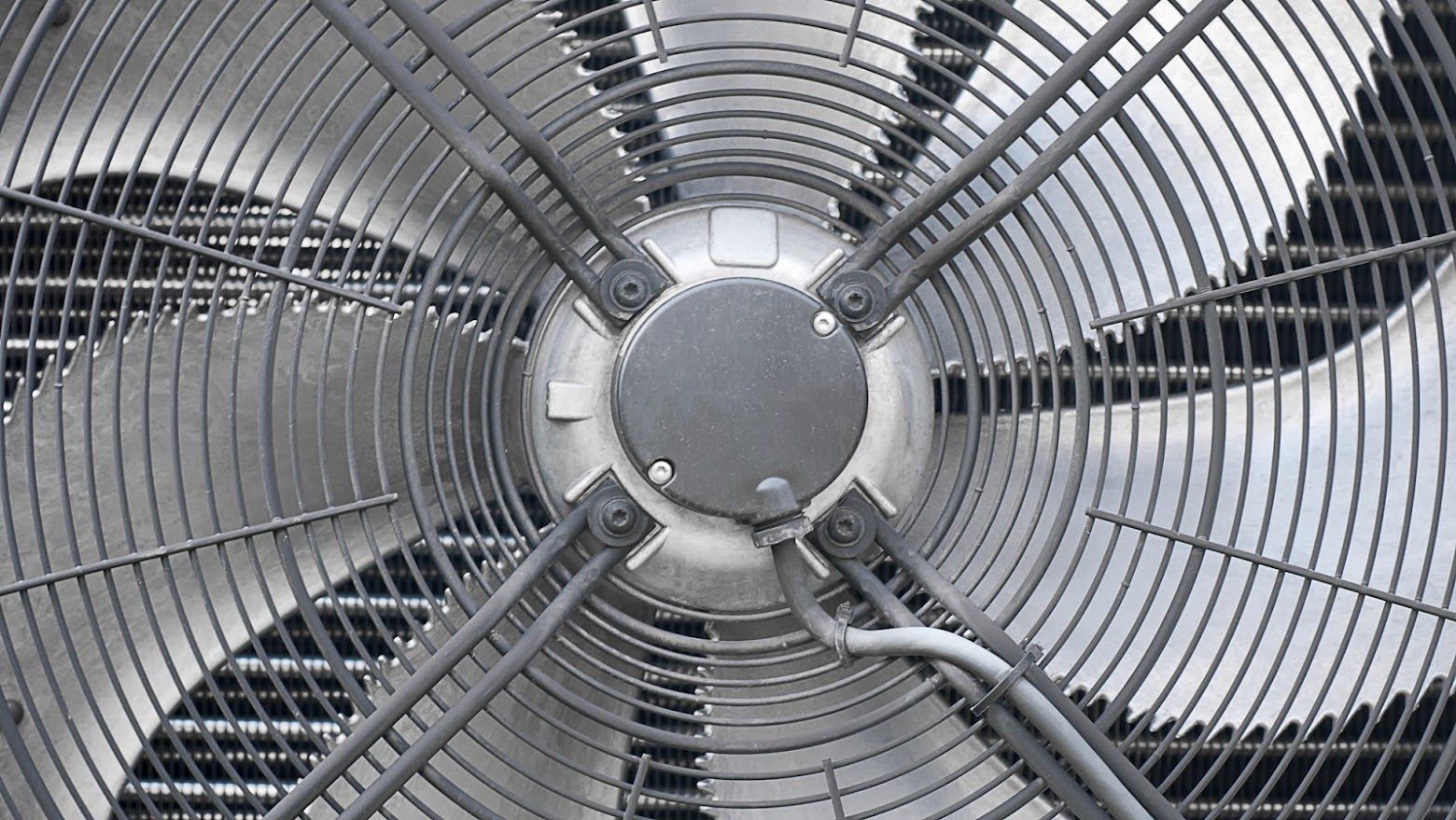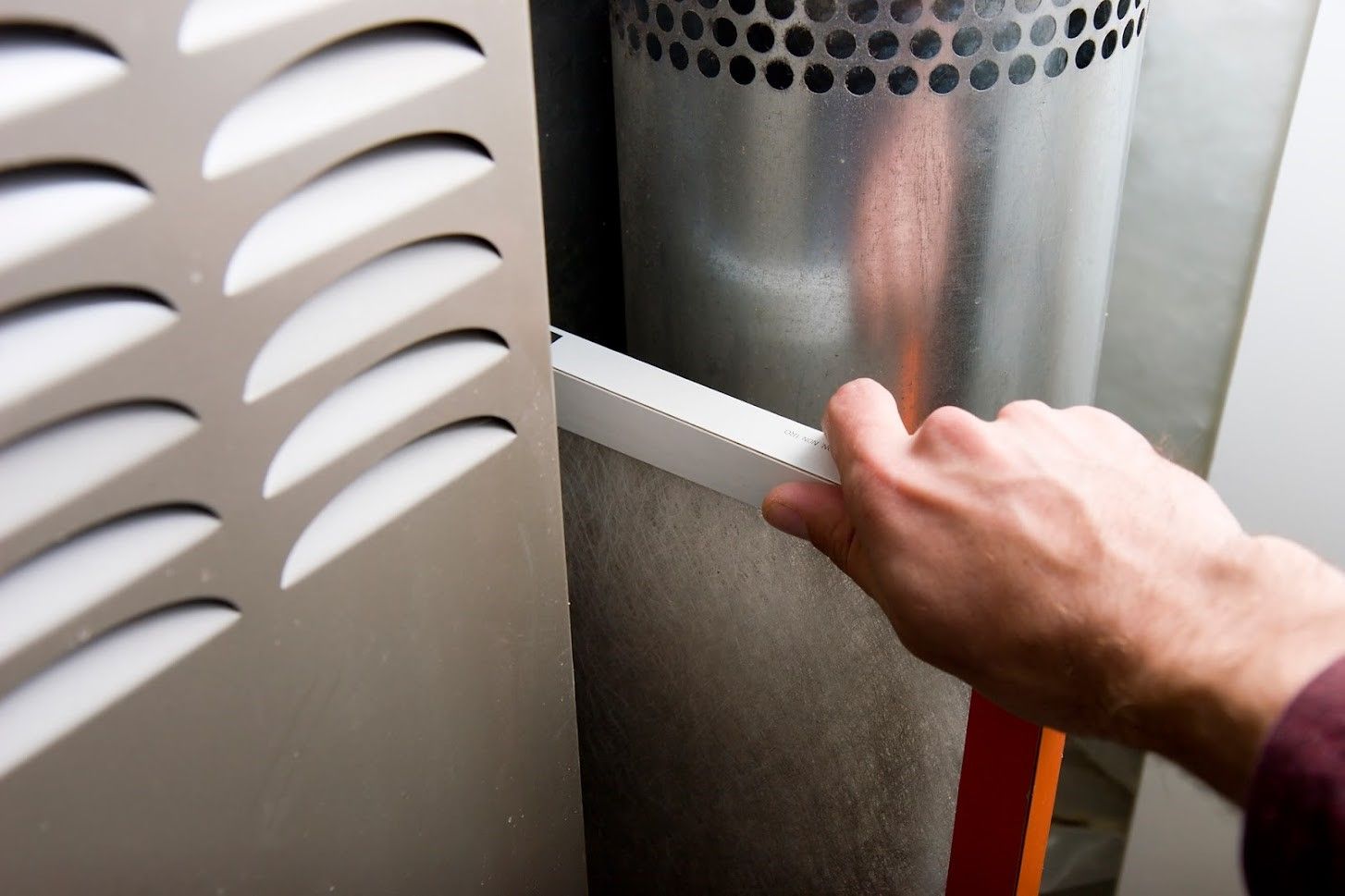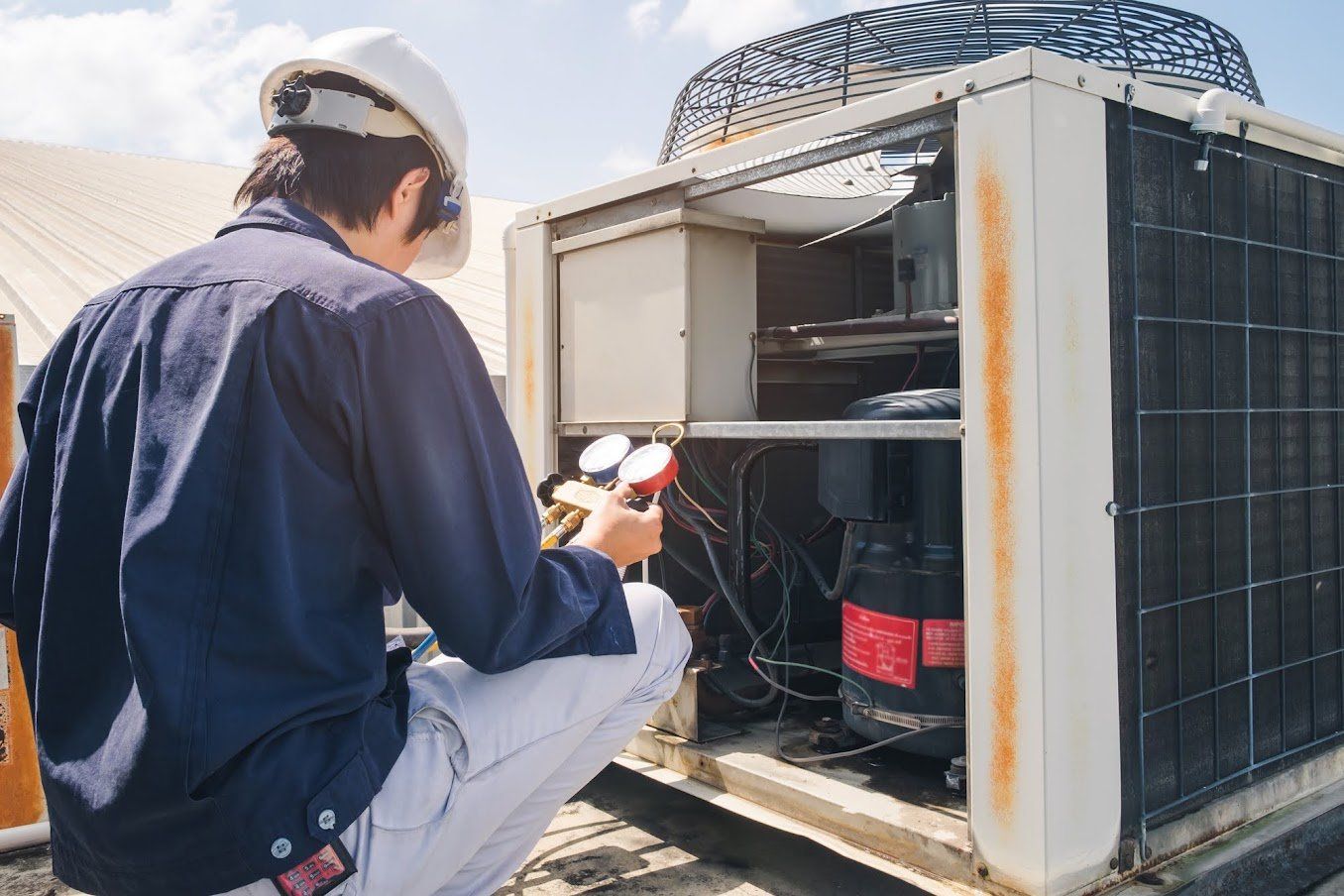HVAC Air Filters: What You Need To Know
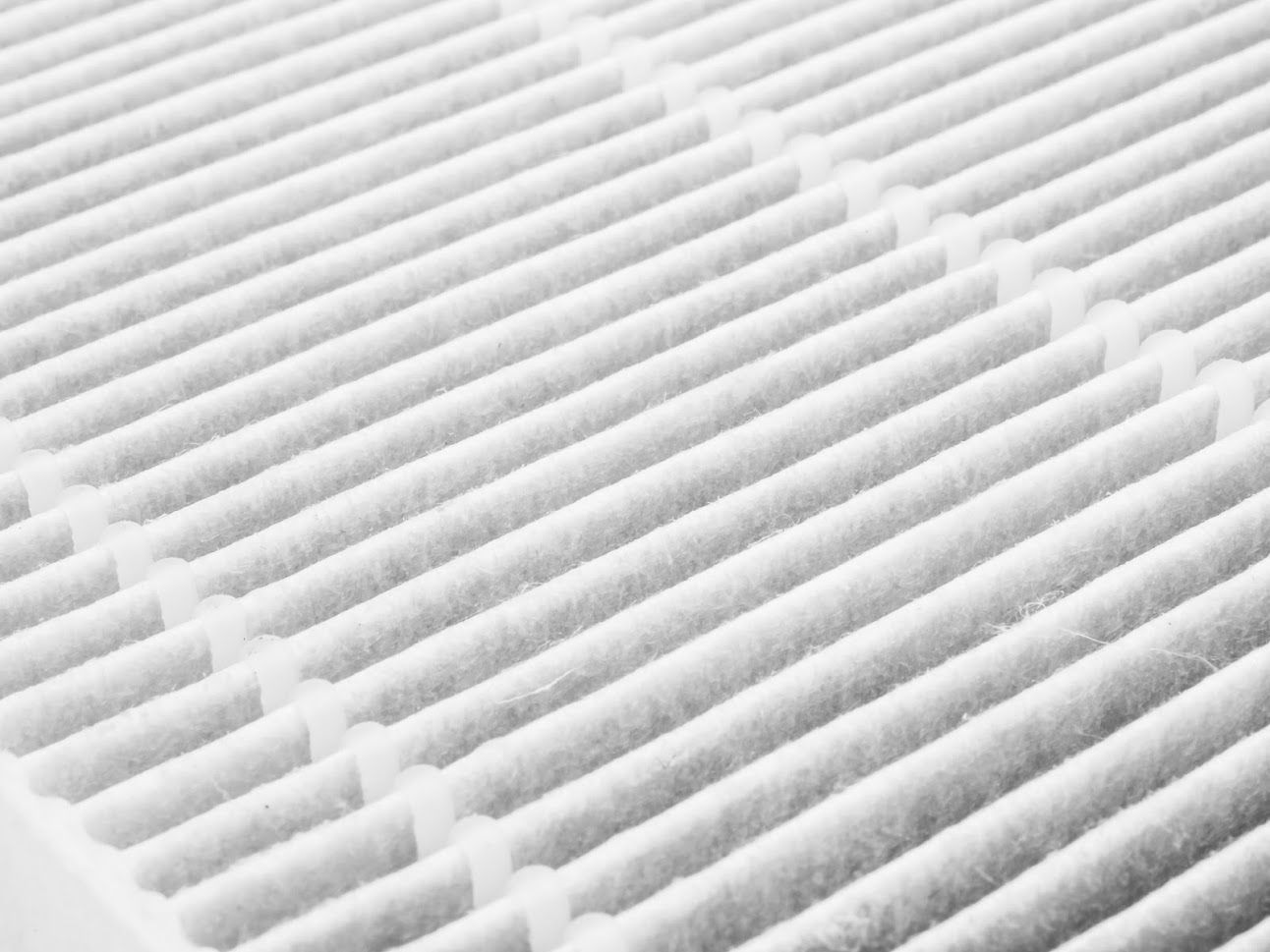
When did you last change your HVAC filter? These devices might seem small, but they substantially impact the efficiency and lifespan of your heating and cooling system. Discover more about HVAC air filters below.
What Is an HVAC Filter?
An air filter is a semi-porous device that sits between your HVAC system and the air in the house. The filter traps dust, pet dander, hair, pollen, and other debris, preventing them from circulating in your home. Over time, the air filter clogs with debris and cannot effectively filter the air, so regularly change the device.
What Are the Effects of a Clogged Filter?
A dirty air filter strains your HVAC system since it works harder to push air through it. By restricting the airflow, a clogged air filter causes the air blower motor fan to overwork and consume more energy, resulting in wear and tear and higher energy bills. In contrast, a clean filter lets air travel more effectively between your home and the HVAC system, and you enjoy lower utility bills.
A dusty air filter also lowers the air quality in your home and aggravates the symptoms of residents with respiratory and skin allergies. Over time, exposure to allergens and contaminants leads to long-term health issues.
When Should You Change the Air Filter?
HVAC experts generally recommend an air filter change every 90 days to boost the efficiency of your heating and cooling system. However, change the air filter more often if you have young children, pets, or family members with asthma and allergies.
Also, inspect the air filter often to determine if you need a replacement. If a dirt coating covers much of the device's surface, you need a new filter to boost your home's air quality. Other signs you need a filter change include dust accumulation in the house, loss of an AC system's cooling power, poor airflow, and sound of excessive strain when the air conditioner turns on.
What Are the Types of Air Filters?
HVAC air filters aren't equal and differ by material, price, and efficiency. Your options include the following.
Fiberglass Air Filters
Fiberglass air filters are popular due to their affordability but aren't very effective in trapping pollutants. While the filter's minimal surface area offers poor filtration, it allows more airflow and protects internal HVAC components from clogging. You must replace these filters every 1 to 3 months, depending on how often you use the HVAC system.
Pleated Air Filters
Pleated air filters are more effective than fiberglass filters because they have a folded design that increases the surface area for trapping pollutants. The filters come in various thicknesses, depending on residential or commercial applications. Pleated filters last longer than fiberglass filters but restrict airflow more than the latter.
HEPA Filters
HEPA filters offer the best filtration for airborne contaminants like dust, pollen, and pet dander and trap small microns like bacteria. As such, the filters are more common in hospitals and medical facilities. You need an HVAC contractor to reconfigure your HVAC system to handle the filter's highly restricted airflow.
What Are MERV Ratings?
When you buy an HVAC air filter, pay attention to MERV ratings, which indicate a model's effectiveness. The Minimum Efficiency Reporting Value rating starts at 1 and goes to 20 and reports a filter's ability to trap particles between 0.3 and 10 microns.
HVAC experts consider many factors before they recommend a MERV rating for your home, such as where you live and who is in your home. If some residents are smokers, have many pets, or live in a polluted area, you need a model with a higher MERV rating to improve indoor air quality.
If you take good care of your HVAC system, it protects your family from allergens and pollutants. Contact us today at STA SO COOL HVAC for filter replacement and other HVAC maintenance services.
